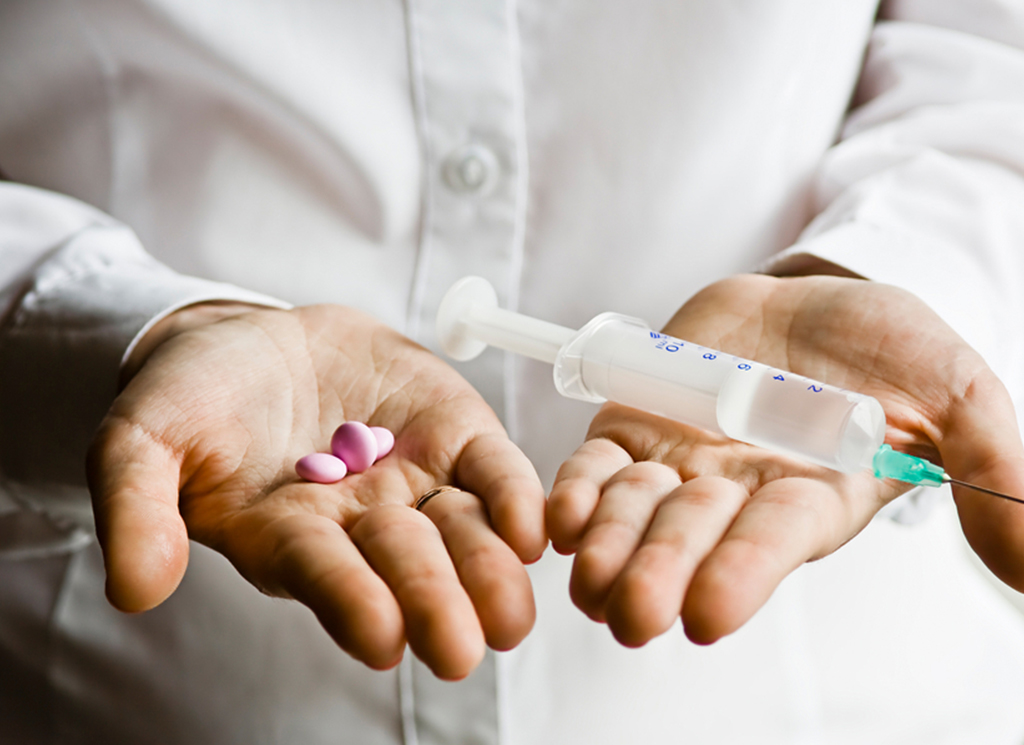0
$0.00
Mini Cart
Empty cart
No products in the cart.

In the realm of pharmaceuticals, the term “dosage forms” refers to the various ways medications are prepared and delivered to patients. Understanding these forms is crucial for both healthcare providers and patients, as it directly impacts the effectiveness and convenience of treatment. At Allure Compounding Pharmacy, we specialize in pharmaceutical compounding, which involves tailoring medications to meet individual patient needs. This blog will explore the different dosage forms and provide insight into the compounding lab process.
Dosage forms are essentially the physical forms in which medications are administered. Common dosage forms include:
Each dosage form has its unique advantages and disadvantages, and the choice often depends on the patient’s specific needs and preferences.
Pharmaceutical compounding is the process of creating customized medications for patients. Unlike mass-produced medications, compounded drugs are tailored to meet individual requirements, such as specific dosages, flavors, and dosage forms. This personalization can make a significant difference in patient compliance and overall health outcomes.
For example, a patient who is allergic to certain excipients found in commercial formulations can benefit from a compounded medication that contains only the necessary active ingredients. Similarly, children who dislike the taste of medication can receive flavored versions, making it easier for parents to administer treatment.
The compounding lab process involves several steps to ensure that medications are formulated safely and effectively. Here’s a breakdown of what typically occurs in a compounding pharmacy:
A formulating pharmacy, such as Allure Compounding Pharmacy, plays a vital role in delivering personalized medical care through pharmaceutical compounding. Our accredited compounding pharmacy in McKinney is dedicated to providing high-quality compounded medications tailored to meet the unique needs of each patient.
By choosing a legitimate compounding pharmacy, patients can rest assured that they are receiving safe and effective medications. It’s essential to look for pharmacies that adhere to strict compounding standards and are accredited by recognized organizations. This ensures that the pharmacy follows best practices in preparation and quality control.
Understanding dosage forms and the compounding lab process is crucial for both healthcare providers and patients. Pharmaceutical compounding offers personalized solutions that can significantly enhance treatment outcomes. At Allure Compounding Pharmacy, we are committed to formulating high-quality compounded medications that cater to the unique needs of our patients. By choosing a reliable compound medication pharmacy, you are taking a proactive step towards better health.
The FDA does not review any compounded drugs to evaluate their safety, effectiveness, or quality before they reach patients.
